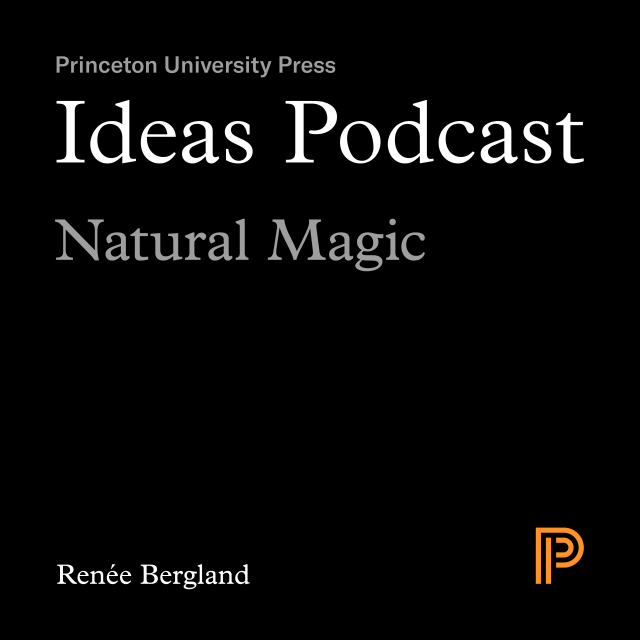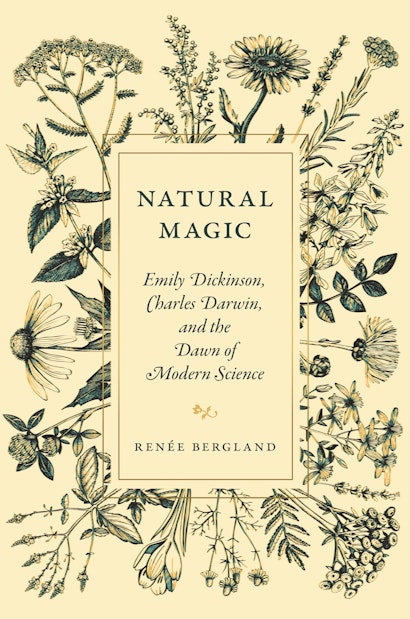Emily Dickinson and Charles Darwin were born at a time when the science of studying the natural world was known as natural philosophy, a pastime for poets, priests, and schoolgirls. The world began to change in the 1830s, while Darwin was exploring the Pacific aboard the Beagle and Dickinson was a student in Amherst, Massachusetts. Poetry and science started to grow apart, and modern thinkers challenged the old orthodoxies, offering thrilling new perspectives that suddenly felt radical—and too dangerous for women.
Natural Magic intertwines the stories of these two luminary nineteenth-century minds whose thought and writings captured the awesome possibilities of the new sciences and at the same time strove to preserve the magic of nature. Just as Darwin’s work was informed by his roots in natural philosophy and his belief in the interconnectedness of all life, Dickinson’s poetry was shaped by her education in botany, astronomy, and chemistry, and by her fascination with the enchanting possibilities of Darwinian science.
About the Author
Renée Bergland is professor of literature and creative writing at Simmons University. She is the author of Maria Mitchell and the Sexing of Science: An Astronomer among the American Romantics and The National Uncanny: Indian Ghosts and American Subjects.

